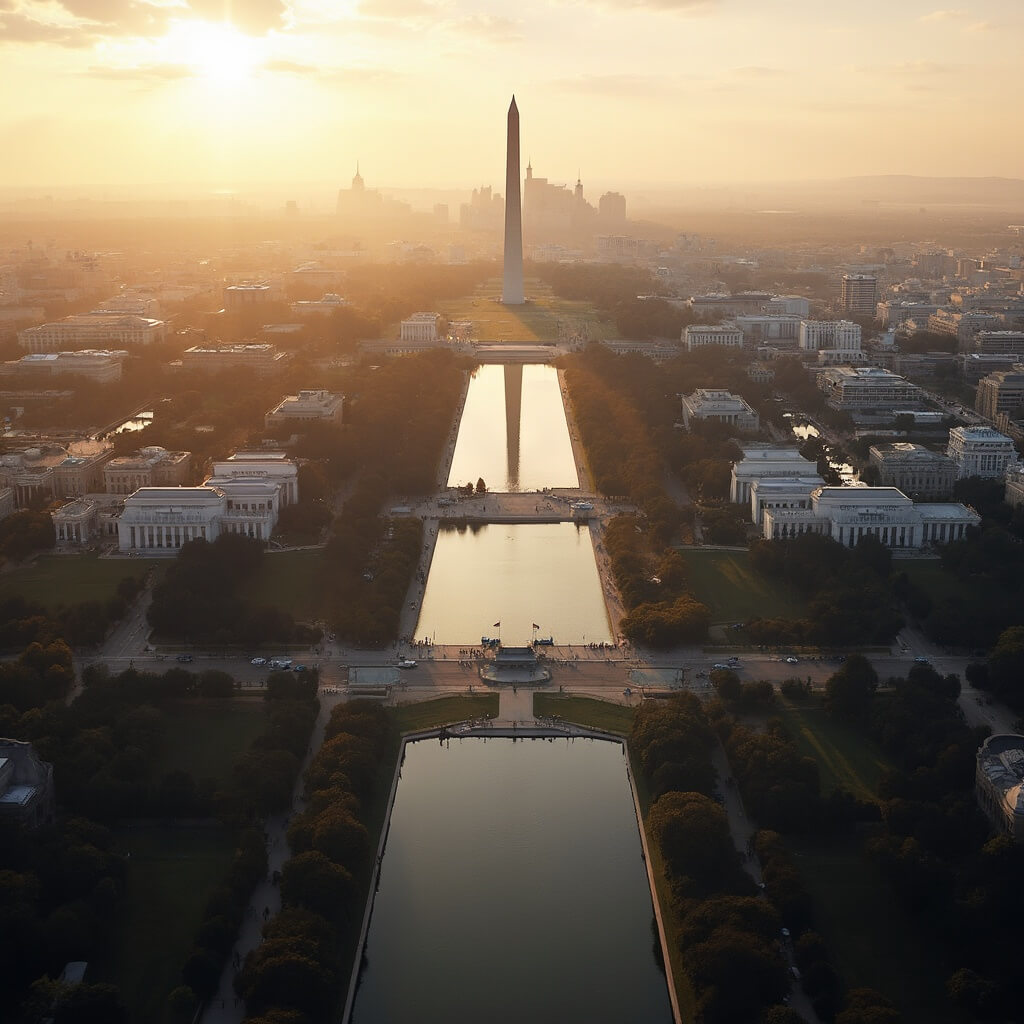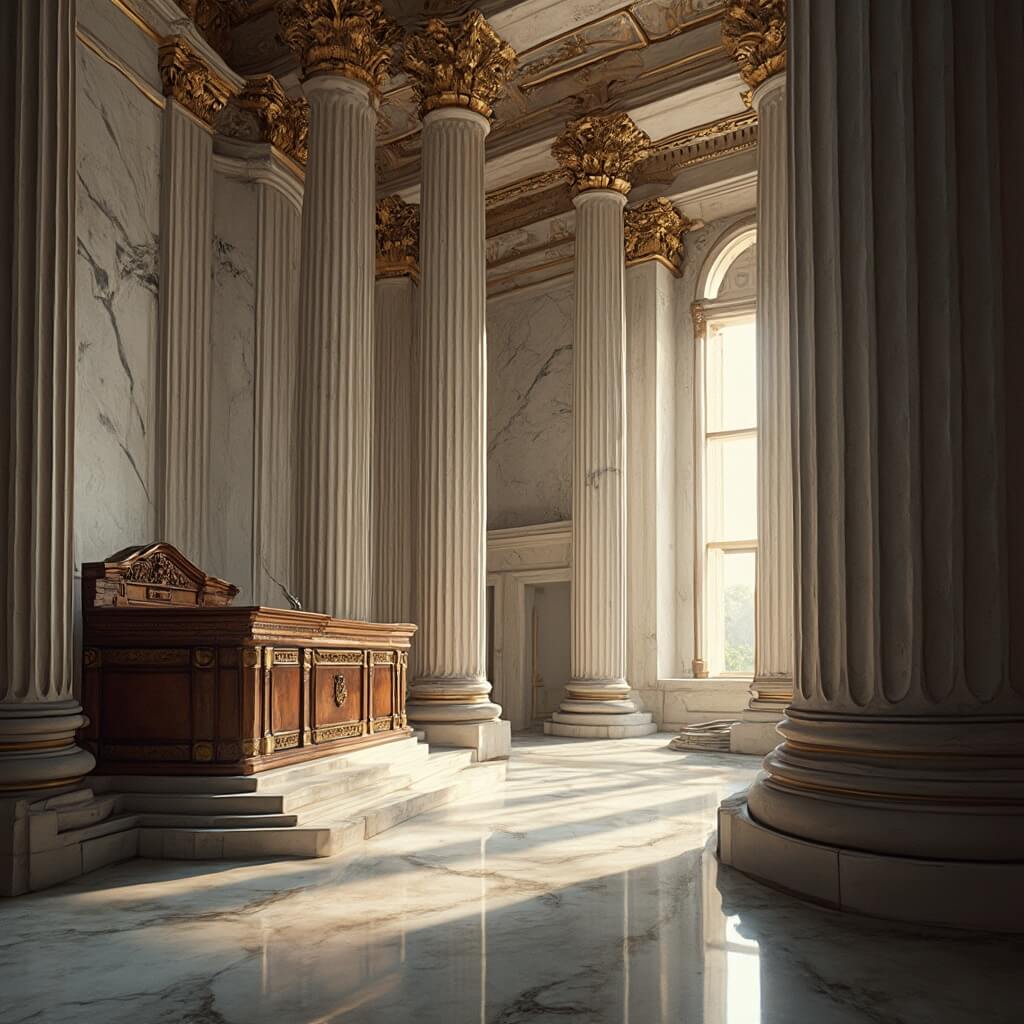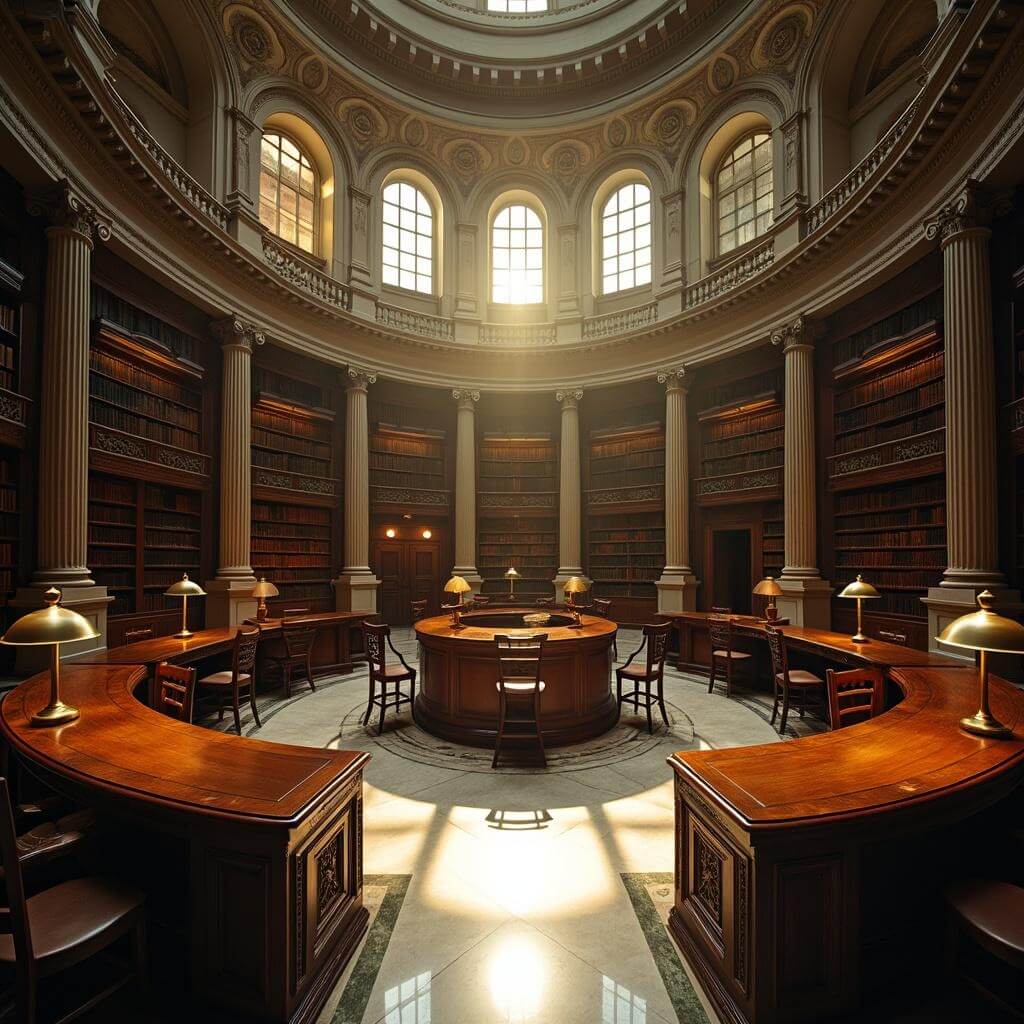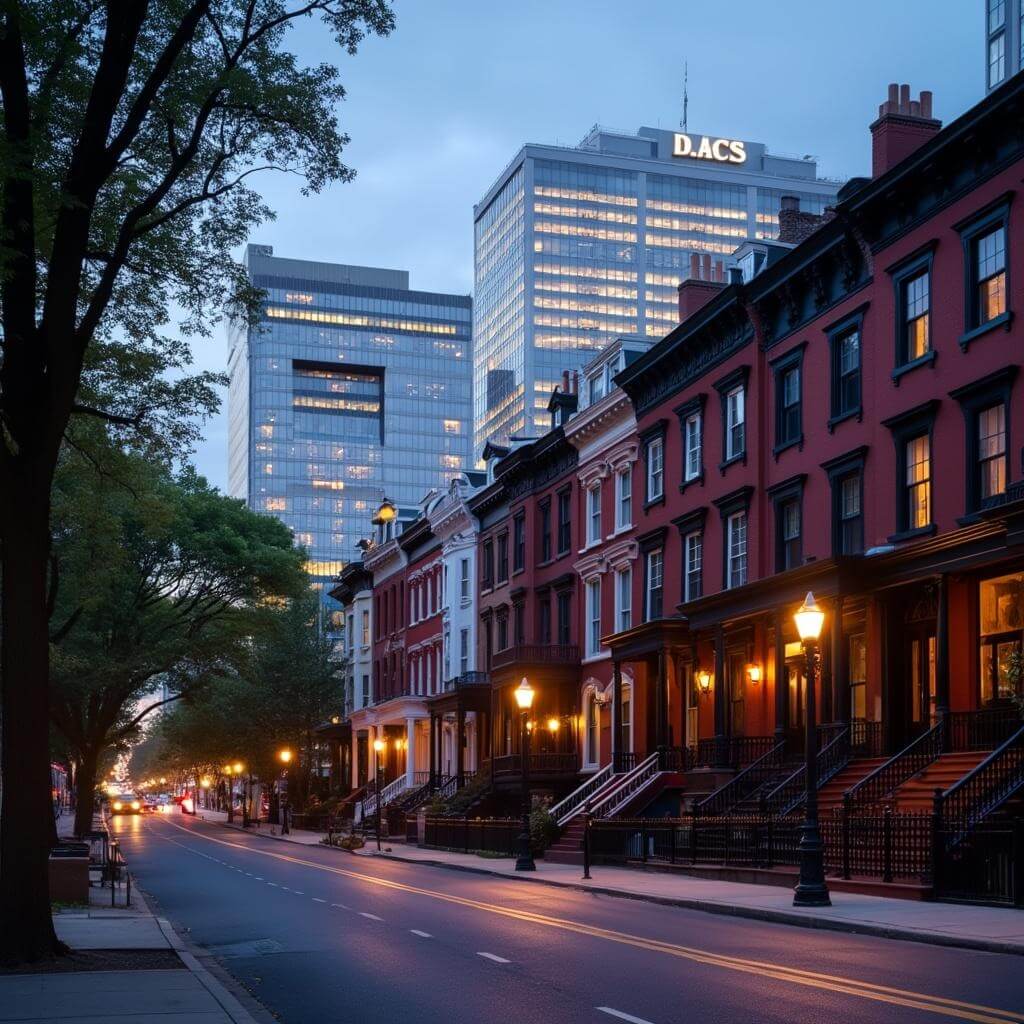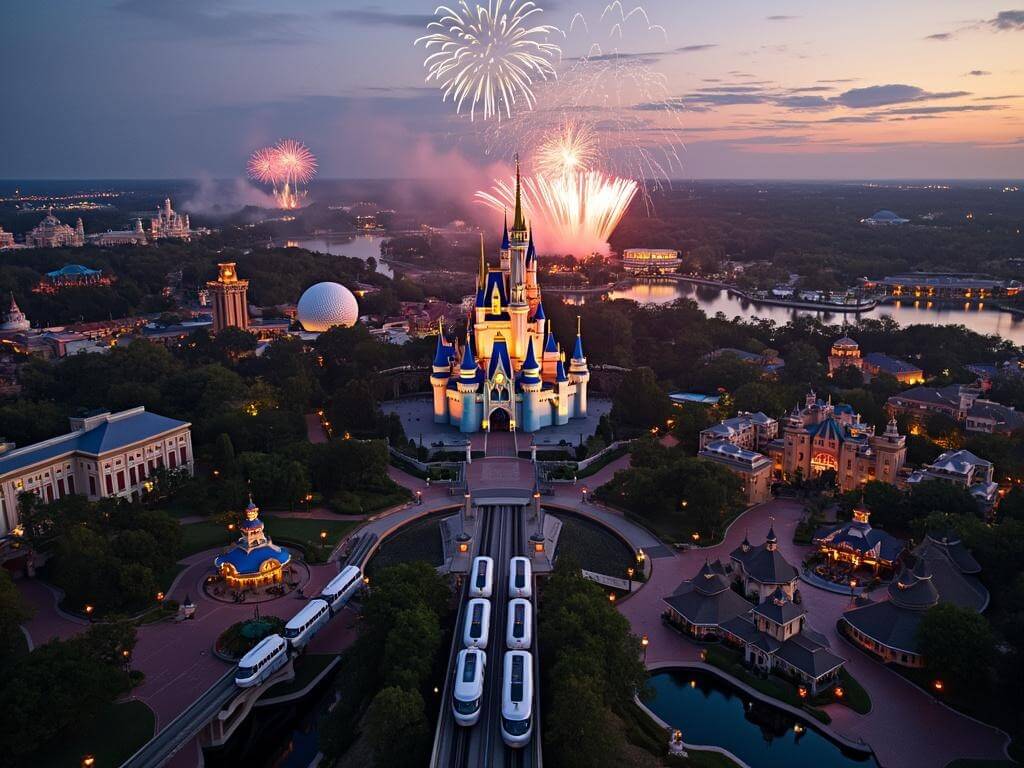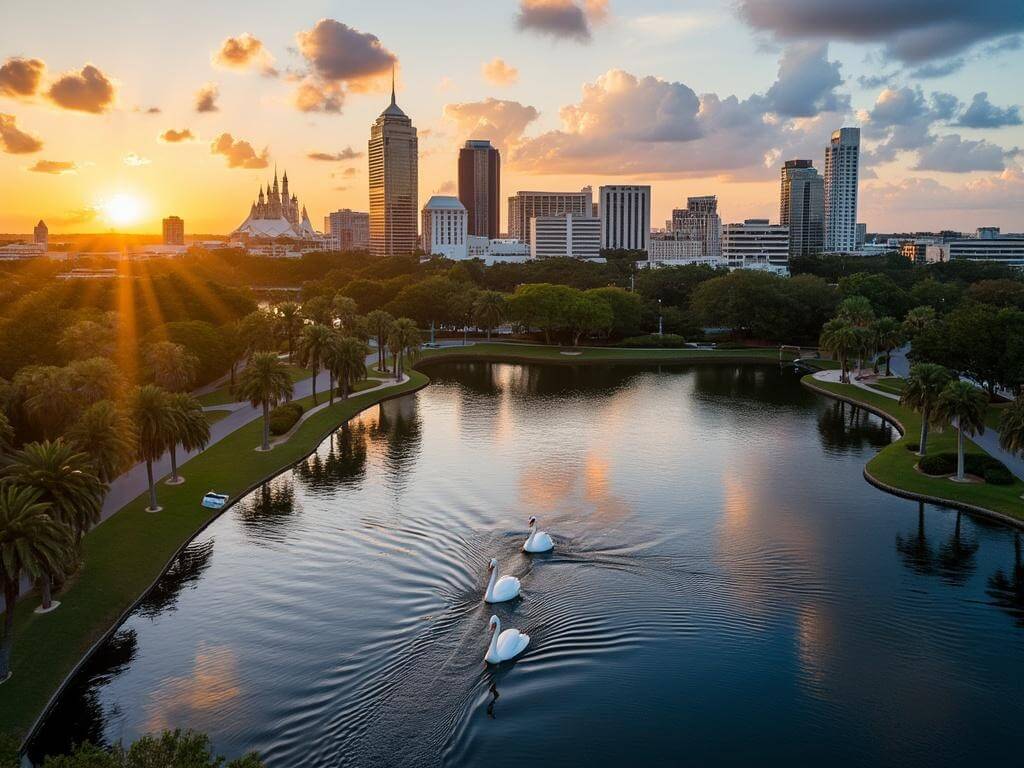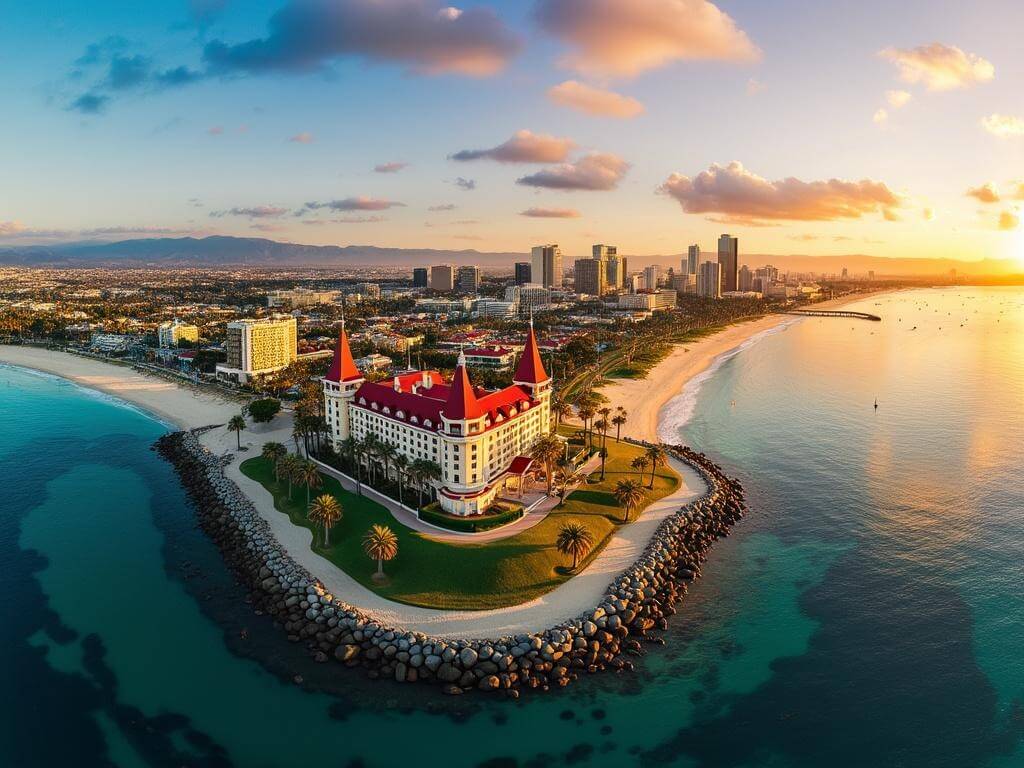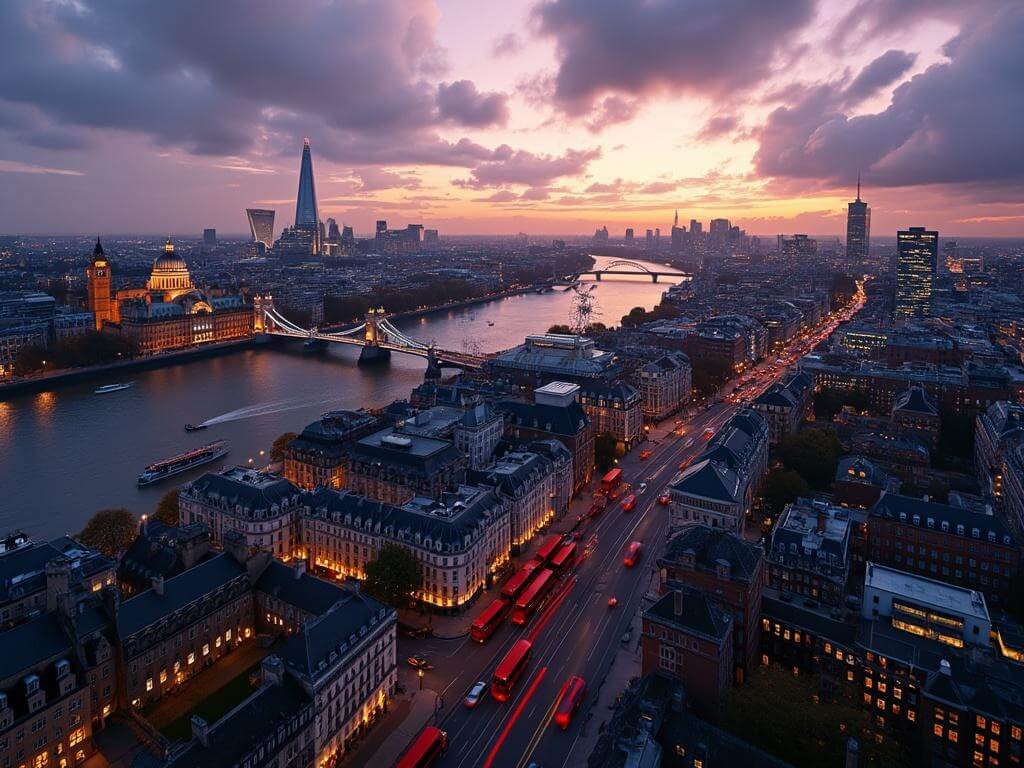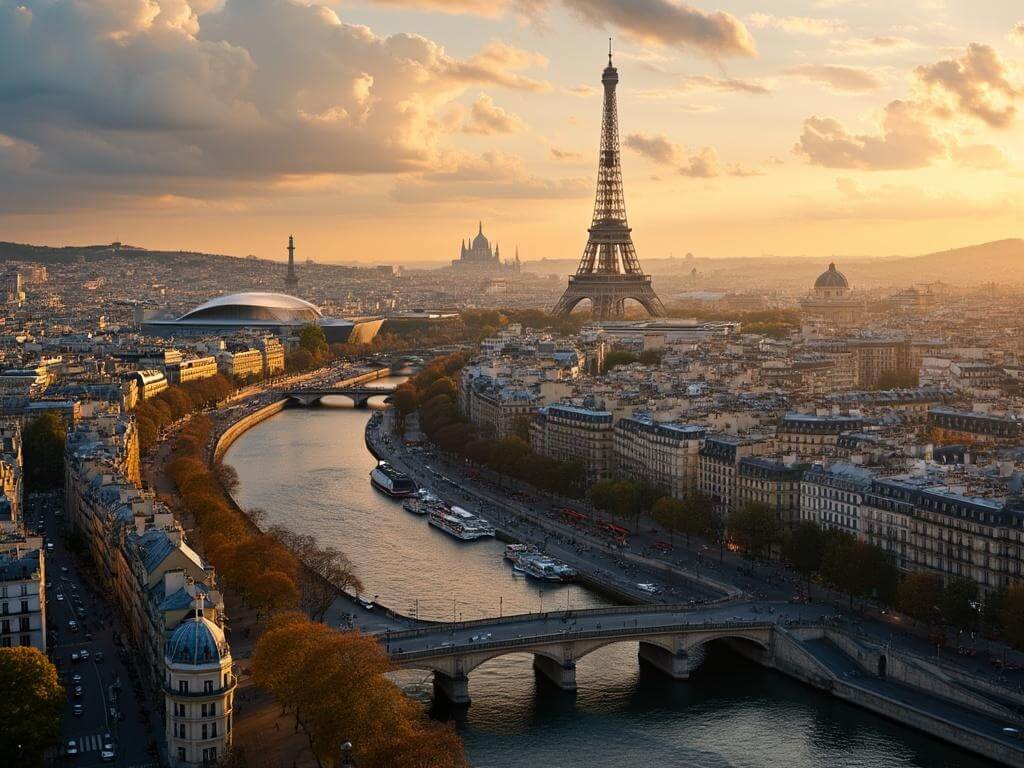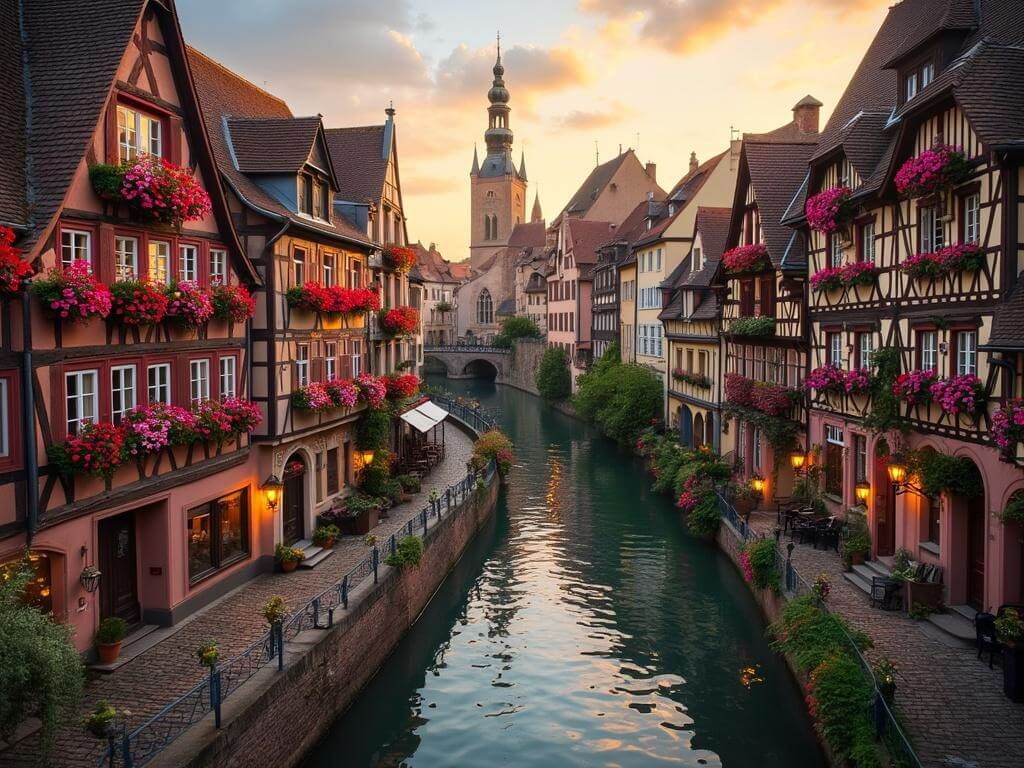Ever wondered what makes Washington, D.C. the most fascinating city in America? Let me break it down for you.
When I first landed in D.C., the energy was electric. This isn’t just another city – it’s the beating heart of American democracy, a place where history breathes through every street corner and monument.
The Basics: More Than Just a Capital
Washington, D.C. isn’t a state. It’s the District of Columbia – a unique federal district sitting proudly on the Potomac River, nestled between Maryland and Virginia. Named after George Washington, this city represents something bigger than itself.
Quick hits about D.C.’s origins:
- Established in 1791
- Created by U.S. Constitution as federal territory
- Became a single municipality in 1871
- Represents the embodiment of American governmental structure
Political Powerhouse: How D.C. Really Works
Most people think D.C. is just government buildings. But it’s a complex political ecosystem with fascinating governance dynamics.
Since 1973, D.C. operates under “Home Rule” – residents elect their mayor and city council. Sounds simple? Not quite. Congress can still review and veto local council actions. It’s like having a strict parent who occasionally checks your homework.
The statehood debate rages on. Multiple attempts since the 1880s have failed, with a notable statehood bill passing the House in 2021 but dying in the Senate. The struggle continues.
Landmarks That’ll Take Your Breath Away
D.C. isn’t just politics – it’s a visual feast. Imagine standing before these iconic structures:
- Capitol Building: Legislative center and architectural marvel
- White House: Global symbol of executive power
- Supreme Court: Judicial branch’s magnificent home
- Lincoln Memorial: A tribute to one of America’s greatest presidents
The National Mall isn’t just a space – it’s an outdoor museum connecting these powerful landmarks.
Cultural Melting Pot: Beyond Government
Neighborhoods like Georgetown and Adams Morgan aren’t just postcodes – they’re living, breathing communities. Each has its own personality, cuisine, and vibe.
Museums? D.C. doesn’t just have museums – it has the Smithsonian Institution, the world’s largest museum complex. And most are free. Let that sink in.
Economic Landscape: Where Opportunity Meets Ambition
D.C.’s job market is a powerhouse. Average salary? An impressive $76,908 – significantly higher than the national average.
Top industries:
- Federal Government
- Technology
- Law
- Healthcare
- Consulting
Job roles like lawyers ($137,000) and programmers ($106,000) command serious salaries. But it’s not just about money – it’s about impact.
A City of Contrasts
D.C. is diverse, complex, and constantly evolving. Diplomats, government workers, students, and professionals create a vibrant tapestry.
Public transportation is robust. The Metro isn’t just a subway – it’s the city’s circulatory system, connecting neighborhoods and opportunities.
Urban development continues transforming the cityscape. Green infrastructure, sustainable projects, and ongoing debates about gentrification keep the city dynamic.
The cherry on top? Events like the National Cherry Blossom Festival showcase D.C.’s cultural richness.
My First Walk Down Pennsylvania Avenue
I realized D.C. isn’t just a destination – it’s an experience. A living, breathing testament to American democracy, innovation, and potential.
The city pulses with stories waiting to be discovered, opportunities waiting to be seized, and a future constantly being written by those who call it home.
Curious about what makes D.C. tick? The deeper you dig, the more fascinating it becomes. The city’s complexity is its greatest strength – a microcosm of American potential, challenges, and continuous reinvention.
And this is just the beginning of understanding Washington, D.C. – a city that defies simple explanation.
Diving Deeper: Education and Research in D.C.
Ever wondered where some of the world’s most brilliant minds converge?
Washington, D.C. isn’t just a political powerhouse – it’s an academic goldmine. Universities like Georgetown, George Washington University, and American University aren’t just schools. They’re intellectual incubators transforming global thinking.
My conversations with professors here reveal something fascinating: D.C. universities specialize in areas most critical to national infrastructure – international relations, public policy, law, and government studies.
The Library of Congress takes this intellectual prowess to another level. With the world’s largest library collection, it’s not just a building – it’s humanity’s knowledge repository.
Innovation: Where Ideas Become Action
Think tanks and research institutions here don’t just study problems – they solve them. Organizations like Brookings Institution and Carnegie Endowment aren’t passive observers. They’re active architects of global policy.
Key research domains:
- Foreign Policy Analysis
- Technological Innovation
- Climate Change Solutions
- Economic Development Strategies
- Humanitarian Interventions
The Human Side of Professional Development
Professional growth in D.C. looks different. It’s not about climbing corporate ladders – it’s about creating systemic change.
Career trajectories here often involve:
- Government consulting
- Policy development
- International diplomacy
- Research leadership
- Strategic communications
Urban Challenges: The Real D.C. Story
Beyond glamorous headlines, D.C. wrestles with genuine urban challenges. Affordable housing, transportation inequities, and social stratification aren’t abstract concepts here – they’re daily realities.
Gentrification debates reveal the city’s complex social dynamics. Neighborhoods transform rapidly, pushing long-time residents into increasingly challenging economic situations.
For those interested in design and living trends related to these shifting dynamics, check out contemporary urban interior design or explore modern minimalist house interiors reflective of new D.C. residential developments.
Future Outlook: Resilience and Adaptation
D.C. doesn’t just respond to challenges – it reimagines possibilities.
Emerging trends suggest:
- Increased tech sector growth
- Green infrastructure investments
- More inclusive urban planning
- Enhanced digital government services
- Expanded remote work opportunities
Learn more about D.C.’s transformation in context through this guide: Your Ultimate Guide to Experiencing Washington DC’s Landmarks and Culture.
Navigating the City: Practical Insights
Surviving and thriving in D.C. requires more than ambition. It demands strategic navigation.
Pro Tips:
- Master public transportation
- Network strategically
- Understand bureaucratic nuances
- Stay politically informed
- Embrace multicultural interactions
For more on what shapes D.C.’s distinctive residential charm, explore topics like elegant living room decor and the timeless decor of historic D.C. homes.
When Opportunity Meets Preparation
D.C. rewards those who combine intellectual curiosity with practical skills. It’s a city where your background becomes your brand, where every conversation could spark a movement.
Final Reflections: Why D.C. Matters
Washington isn’t just America’s capital. It’s a microcosm of national potential – complex, challenging, and perpetually evolving.
Whether you’re a student, professional, or curious visitor, D.C. offers more than experiences. It provides transformative perspectives on governance, innovation, and human potential.
The city whispers a powerful message: Change begins with understanding, and understanding starts with genuine engagement.
Welcome to Washington, D.C. – where every street tells a story, and every story has the potential to reshape the world.
Want to dive deeper? Explore America’s Historic Capital: A Complete Guide to Washington DC

